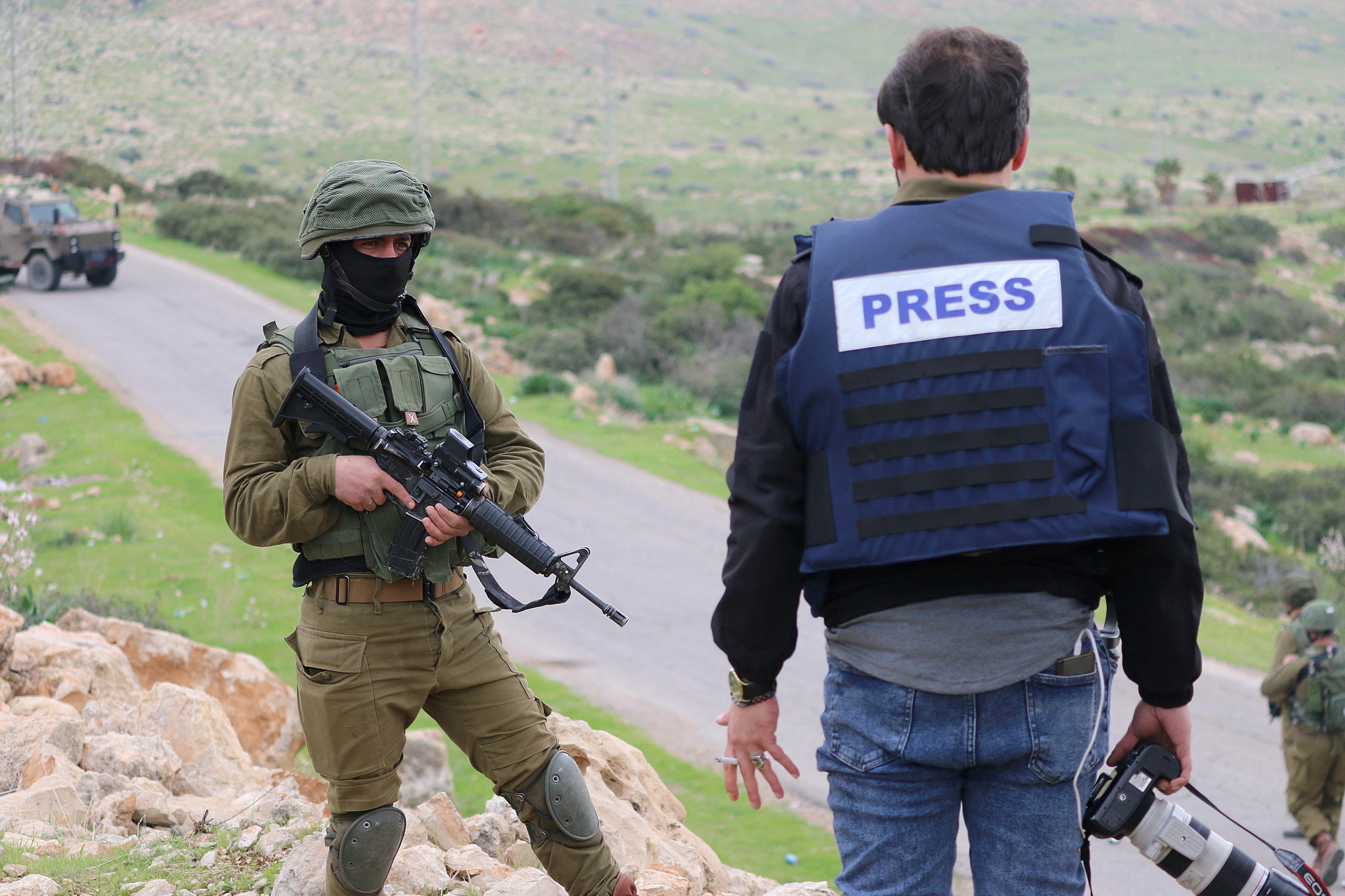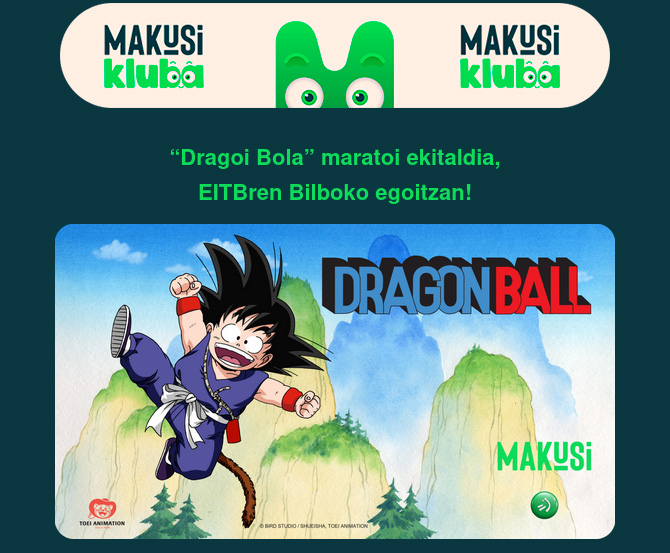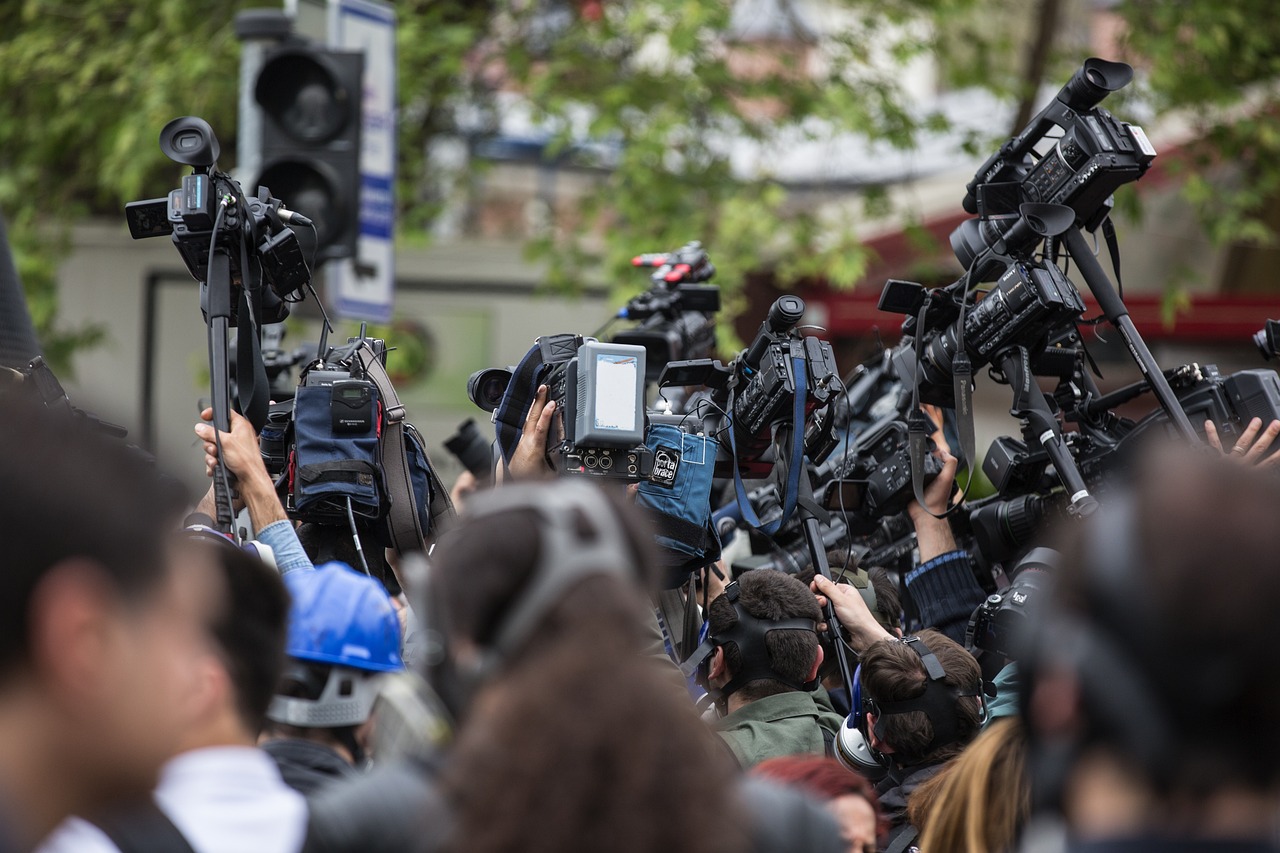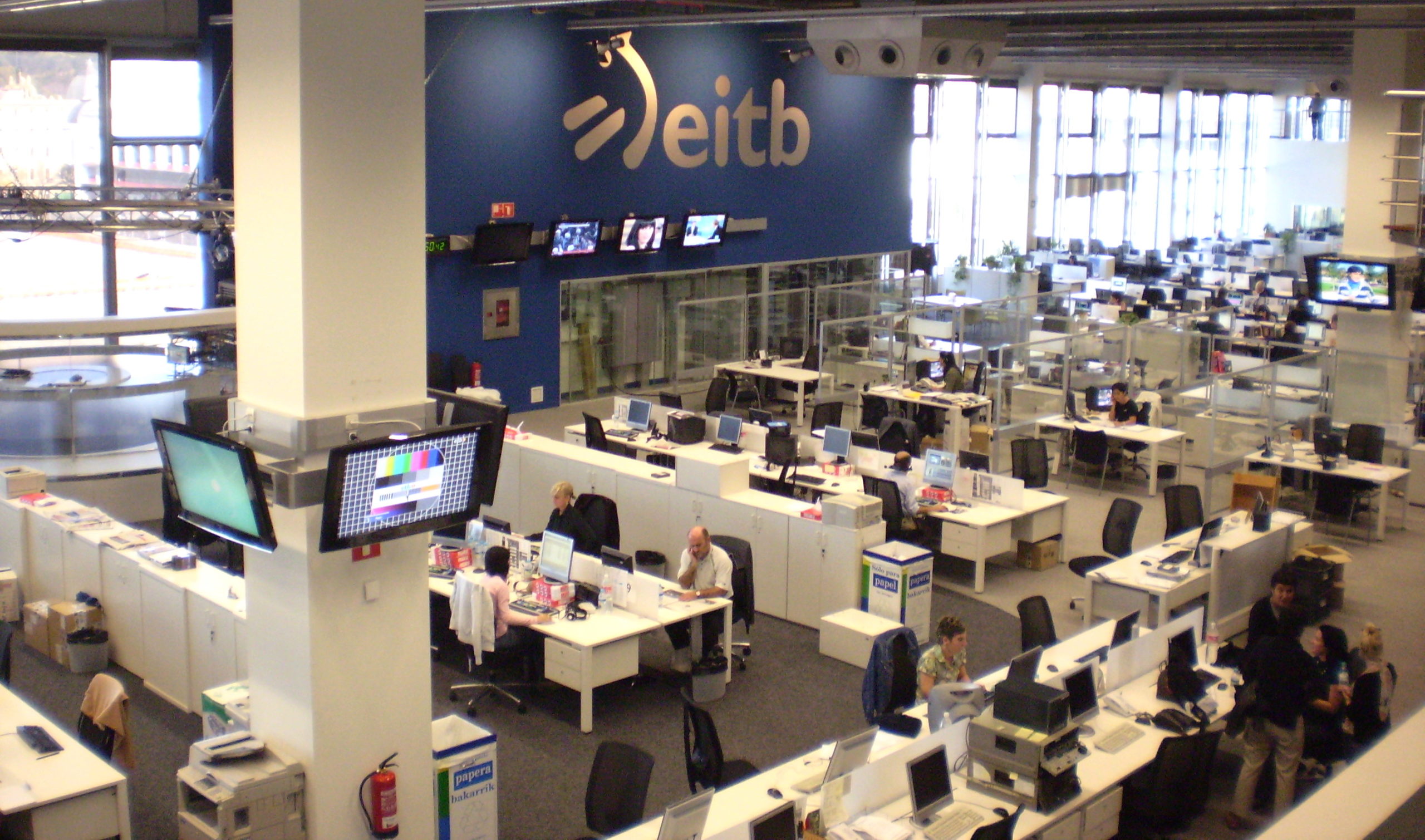"There must be the journalist between alarmism and alarm."
- For twenty years Pello Zubiria has formed the Net Ondoan section of the weekly ARGIA, providing the international struggle, the alternative, the conflict, the excess, popular initiatives and the most juicy readings. Almost a thousand reports. Confident that they serve to explain the keys to global and close history, understand the current and draw conclusions for the future, ARGIA has opted for 63 books. The precarious planet. We have just taken from the printing press the chronicles of crises and resistances of the 21st century, we have given ourselves time to talk about Net Cerca and journalism. And, entering the retrospective path, the journalist opposite has listened with great attention and pleasure to the advice and reflections – although Zubiria is a simple person, “do not dare to tell others what they have to do”.
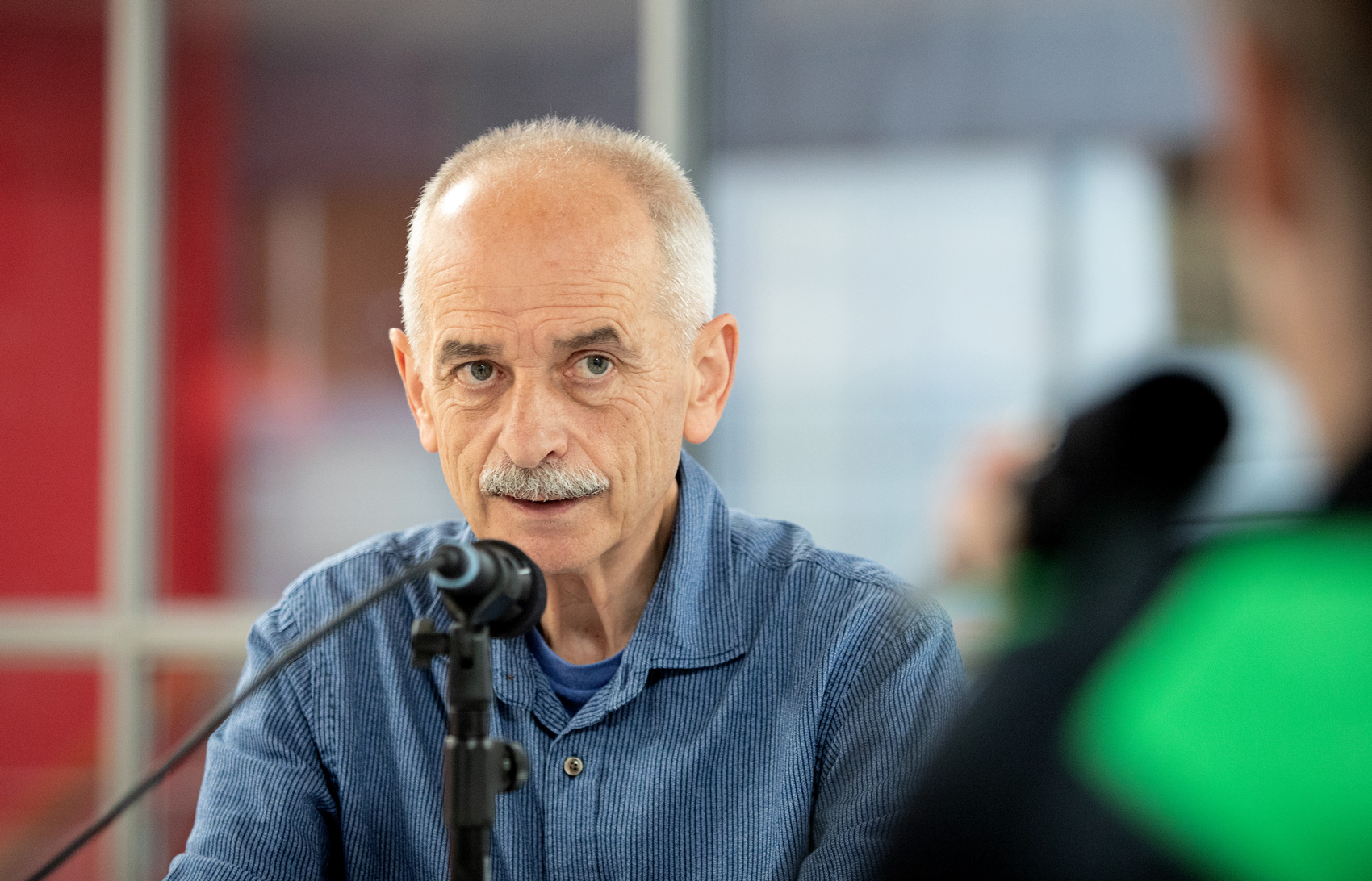
To start with, let's recognize that the idea of making a book has also given you vertigo. It wasn't about publishing a book in its vital goals.
Whoever makes a weekly paper is thinking about fixing the week and not making a book. In my case, at least, if I had to make a book, I wouldn't do it in my head. To give you an example, I have an old blog about my diagnosed arthritis www.izorrategi.org and I haven't turned it into a book. I'm not a man to write books. So when your peers decide to make a collection of those items, it does give you vertigo. Do you think this will support reading fifteen years later? Do we screen other presses and sources and now my own support it? But, well, it also gives you joy because your peers make you this great gift.
The precarious planet. Chronicles of crises and resistances of the 20th century. How did the headline come to mind?
Those of the work team told me it was convenient not to have Net Fence and if it has logic. That's when we came back with the snow and we got to that, talking with games. Normally what journalists do with titles is that game of words, which we should always do, which we sometimes don't do, but we should always do. On the one hand, because Net Cerca deals with the world of the planet, with its different perspectives and components, be it the climate crisis, precariousness, geopolitics, health, pandemics, biodiversity... In precarious, because it's an attractive word. Workers and young people are increasingly living in precariousness, which we have talked about in recent years, although precariousness is old. Now that word can also serve the planet. The sub-headline somewhat rounded its meaning, because the book includes chronicles of crises and resistances of the 21st century.
“It has
been a great honor for me to
spend
the professional life on the
team that makes up ARGIA”
What kind of citizen are you on that precarious planet? Are you optimistic or pessimistic in the direction the planet is taking?
I think as an aged person, it doesn't get more optimistic. This is another reason why I think we have to move a little away from the public sphere with age. At least my choice is that. It is true that you have more information to do analysis with aging, more knowledge... but, on the other hand, you are also a prisoner of your biology, that force you have as a young person you do not have in old age and do not want to transmit your pessimism or bitterness. I think I am not very optimistic, but at the same time I see people in the fight, in the work, in the effort, so I am very happy with them.
He has worked for 20 years in the Net Ondoan section, carrying out some complementary problem.
Net Cerca didn't come out of a great idea, I don't know if it's a great idea, but it didn't come out of a great idea. I worked in the ARGIA structure until 2001, more in the direction, more in the management, and I didn't do the writing. But the artitris diagnosed a lot earlier made me a tough attack in 2001. As an anecdote, in that attack of the twin towers of 2001 I could hardly get out of bed. Xabier Letona, Ataxi, called us home claiming that we were in front of TV and warning us to turn TV on quickly. There we saw the first twin tower in smoke and directly exploding the second twin tower. It was that time. It's a very prominent fact in geopolitics and in the movement of the world that marks you.
But the important thing is, I spent some time without working because I couldn't. After X time, they send you to work or give you a pension forever. There is no middle way here, it works that way, in the French state to another. I was sent to work saying that I don't have the ability to write articles and be in front of a computer, but I do have the ability to be a director. Then a court imposed ARGIA on a director. Fortunately, my colleagues at ARGIA gave me the opportunity to extend my pause, try to get back to health and gradually get back to work. We wanted to complete the international part a little, and from there came Net Ondoan. It has to be said that ARGIA entered the Internet, that I too moved a lot on the Internet and, well, Net Cerca offered a good opportunity for someone who had to work from home and at special times fixed by pain. So he shaped and then took his way, with time another person entered and now you are three: Jenofa Berhokoirigoin, Nicolas Goñi and Urko Apaolaza.
“[citing sources for reporting]
does not detract from
our merit,
but gives us
value in everything”
Be Leave us, Lord, to invest a disaster well, or the Guantanamon birds want to commit suicide, or have their own style. The family is that the headline is very important in your eyes.
I'm a fruit of that small group that made LUZ in the 1980s. I am referring to myself, but in that group Jose Mari Ostolaza, Joxemi Zumalabe, Josu Landa, Iñaki Uria, later Mikel Antza, Jon Barandi... in that group a writing work was done and we were also able to make bertsos, some – most – were far better writers than me, even some in verse. You take some routines, for example, the headline has to be something that engages the reader, and then you do the word games that you know, sometimes risking even heresy, is this right in Basque? I don't know if there's a little bit of whisper or we rape it, but anyway, the reader has to stop here. The activity is to stop the reader in us, acting with the headline, placing the hook at the entrance, completing it with the photograph. That is what I have tried to do. I can't write more than that.
Sources are also important. How did you perceive reliable sources on the other end of the world? What does a quality source do?
This is one of the problems. I'm talking about myself, but I guess all the journalists we're in Euskal Herria have a similar challenge. We write about facts about Gaza, but what credibility and what value do we have before the reader? One reads La Vanguardia, the other Berria, El País, Gara, Diario Vasco... What is the interest of the genofa or who signs Pello? Readers know us and try to control the best source with what we can and know. Each one knows what means they follow and on Net Close by we try to bring the best jewelry that has been detected in them, adapting everything to two pages. So quoting the sources is what we have to do a minimum. If someone thinks that he is better off performing his banality without mentioning the source, that is, “I already know in Gaza from the geopolitical point of view...”, but aber, what do you come to? Last week I was talking about COVID-19, the previous one I don't know what and now Gaza. It’s much better to smoke “look, there’s a doctor in that place” or “says such an analyst.” To speak of sources does not detract from our merit, it gives us value in any case.
“There is frustration of
those who made us [torture]
who were there, who are there
and who are also willing to
do it again”
To anyone who reads the planet in precarious condition, I would like to remind him that all the Net Nearby are in the internet archive of ARGIA, that is, if you want to know more about a subject or structure or person, in them you have links to the sources used, at least those that have not been annulled over the years.
The foreign debt of poor countries is also a matter for Europeans your first Net Nearby. Even though 20 years have passed, external debt is always there, and the poor countries of the South are more indebted. Apparently that also has the Planet collection in precarious condition, which is still current.
For me it is the joy of Christ to hear that to you, because I was afraid: Does what you wrote twenty years ago have any value? If it has any value, it indicates that we chose the selected source correctly. Although there's a second point of tension in Net Cerca, in ARGIA and I think in everyone, everything is worth prophesying what's coming, not predicting? The prospective word was used a lot in a time -- for example, where do we go about climate change? In 1985, the second issue of Larrun magazine featured Global Research 2000: The preoccupying predictions for the twenty-first century and within it developed for a long time the famous The Limits to Growth (The Limits of Growth) of the Club of Rome, which predicted in 1972 the crises we live today, whether energy, biodiversity or climate. I believe that this gives the reader the credibility to say that this means of communication is worthwhile, albeit small, the work he does is worthwhile. Other times you neglect, don't choose a good source, don't value it well or it's not what you expected. There you have to be between alarmism and alarm, world-wide game analysis and conspiracy. This is not easy ground and I am sure I have not always been right and that you have not always invented it either, but I think that is what journalists have to give to the reader.
ARGIA zeruko, Euskaldunon Egunkaria, Larrun. Your journalism experience is broader. How do you sum up every year of your profession?
I would say I'm an ARGIA person. The work team and the collective project have always been prioritized in ARGIA. I had previously made some collaborations, but I entered into a major crisis in 1981. Around this group came the printing press Antza, before Apika and now Adur, the informatics company, Iametza… I have been doing some work as my colleagues have been doing another and my summary is that I have met here the best I have in their work, that is, there are people who have done works ex officio that the reader does not know. Each member of the group has to do as much as the others. We have this self-demand in the group, and I think you too have it. Among us we have always been demanding, because we must be in a group with minimum rigour. It has been a great honor for me to spend my professional life on that team.
.jpg)
As a journalist in the Basque Country, in 2003 he was also arrested for being in a Basque newspaper. You bruised, tortured and ended up in the hospital.
It also touched some of us. In the end, I was not judged, as was clear from the beginning, I was not to be judged or judged – starting on formal grounds, not on other merits. But, well, there it touched me. I knew how the civil guards and the Spaniards are, I have not been forgotten how they are and I do not want to forget that. It's not forgiveness or I don't know the story of what, no. You have a frustration or a grief and that is that when that happens you think that just like what happened in Fukushima, on another level, we will now learn and this will not happen anymore. We in the newspaper are “famous”, in quotation marks – and in the world of Basque culture, then in the bar and on the street nobody knows you. But, well, we've got our little fame, and somehow we've compensated with fame what they did to us. But then there have been many traffickers tortured and mistreated before and after. There is frustration that those who made us were there, they are there and they are also willing to do it again. That's what we have to think about. That does not criticise any policy, but that is what we have to keep in mind. So far I know.
Entering the path of rets, he had to abandon the witness. How do you see current journalism and the responsibility of journalists in today's world?
More necessary than ever. It is true that if his trade has been journalism, although then I have done many things, it has also been his vice, then I imagine that he is departing from it as leaving the heroin. You keep routines, you keep looking at the sources of the past, the body asks the editors I don’t know what to say… and no, you have to recognize that it is almost nonexistent, that you are in another situation.
I do not dare to tell others what they have to do, but I do say that the citizen needs journalists. Because there's the world, right now with social media, but it's always been like this, the big ones organizing that stir, with the agenda managed by the big ones and that we're all talking about according to the agenda of the big ones, then you have to give something different amidst this to those who want something different. Journalists have to give them something else, running between all the dangers, between the pamphlet and the over-thick analyses. At the moment it is becoming clear with Gaza – just as the interview will start, I don’t know. In Gaza there are no external journalists and on the one hand there is a huge imbalance. Apart from the imbalance, as members of the West and NATO – we belong to NATO, against our will but belong to NATO – we are in favour of those who do not value the videos of a child who has died in cold blood in a Kibbutz as those who kill in Gaza on a daily basis. By this I mean that the need for journalists is great and that they must take those risks to give the keys to understanding what is happening in the world. We need to know other analyses, other alternatives and for that I see journalists, of course, very much needed.
“There is
a lot of work for alternatives and superbibence in
portraits”
As for alternatives, Net Cerca referred to orchards. You too have yours. You will surely spend much of the time in the vegetable garden.
Look, in Japan, a few years ago and now from time to time, you claimed half your life doing the trade X and the other half as a peasant. I'm not going to go in if you have to do it, it's not, but you can be a retreat with half-rounds and semi-digresre, I'm not going to say, but a semi-horticulturist. There are many things to do, for me perhaps the closest thing is to try to get the most out of food to a land that we have in the family and at the same time enrich it to the maximum, to have the maximum biodiversity. That in my case, but many other toilets do other jobs. For example, a acquaintance told me what he was doing and he's right across the orchard: he's volunteering with the Gipuzkoa Food Bank, when they call him, he takes the van and takes the food parcels from the plant to the villages. Then I found another one that's distributing those packages in Hernani. There is a lot of work for alternatives and superbibence in portraits.
Do you have more to add?
If Net Nearby has almost a thousand articles and they ask me why this or another article is in the book, those who in the end know it are those who have done it, and they are Jenofa Berhokoirigoin, Urko Apaolaza, Jon Torner and Lander Arbelaitz. These are the ones that have elaborated, read, valued, selected and worked all the articles. Point those four names because those are the editors of this book, and I'm going to say that publicly, just in case. And thank you all very much. I also owe special recognition to Adur Larrea, who has prepared maps and images, and to Emilio López de Adan Beltza, who has written a preamble, with the help of Anuntxi Arana, for sure: I appreciate that all the chronicles of the book have been read and that the sweet words he said in the introduction have been written.
Vietnam, February 7, 1965. The U.S. Air Force first used napalma against the civilian population. It was not the first time that gelatinous gasoline was used. It began to be launched with bombs during World War II and, in Vietnam itself, it was used during the Indochina War in... [+]
Hirietako egunerokoa interesatzen zaio Sarah Babiker kazetariari; ez, ordea, postaletako irudia, baizik eta auzoetan, parkeetan, eskoletan, garatzen den bizitza; bertan dabilen jendea. Lurralde horretan kokatzen dira bere artikuluak, baita iaz argitaratu zituen bi lanak ere... [+]
The other day, as I was walking through the famous television series The Wire, there came a scene that reminded me of despair. There, the management of the newspaper The Baltimore Sun brought together the workers and alerted them to the changes that are coming, i.e. redundancies... [+]







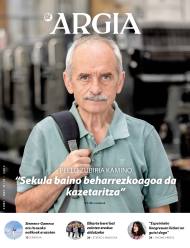

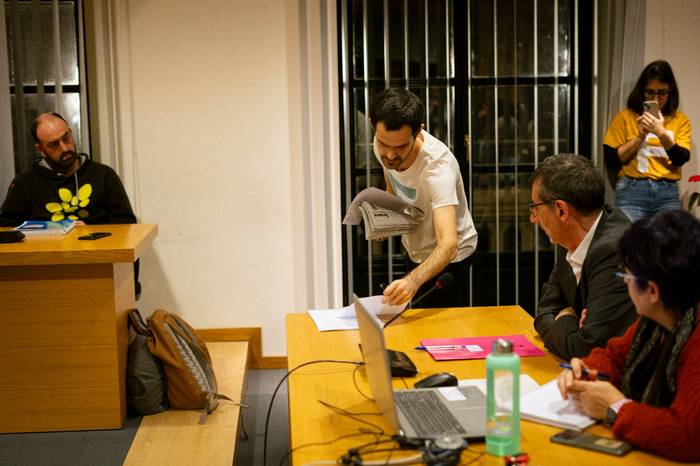


.jpg)

